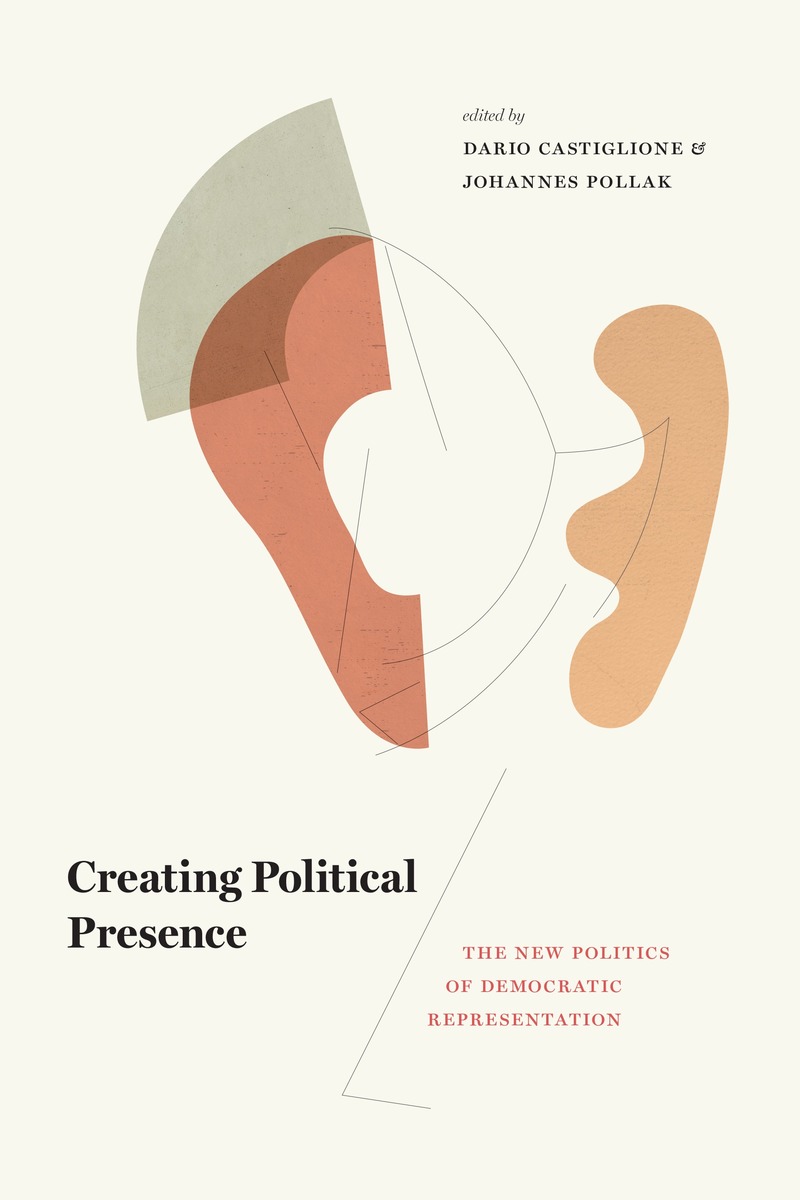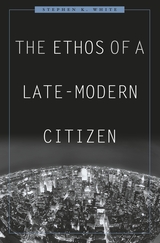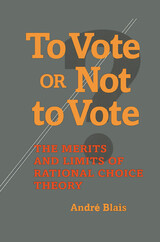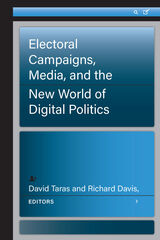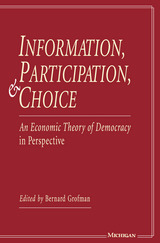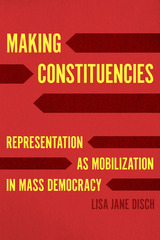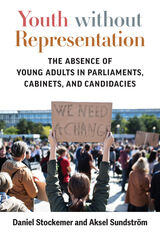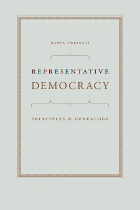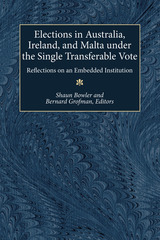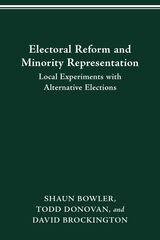Creating Political Presence: The New Politics of Democratic Representation
University of Chicago Press, 2018
Cloth: 978-0-226-58836-0 | eISBN: 978-0-226-58867-4 | Paper: 978-0-226-58853-7
Library of Congress Classification JF1051.C743 2019
Dewey Decimal Classification 321.8
Cloth: 978-0-226-58836-0 | eISBN: 978-0-226-58867-4 | Paper: 978-0-226-58853-7
Library of Congress Classification JF1051.C743 2019
Dewey Decimal Classification 321.8
ABOUT THIS BOOK | AUTHOR BIOGRAPHY | TOC | REQUEST ACCESSIBLE FILE
ABOUT THIS BOOK
For at least two centuries, democratic representation has been at the center of debate. Should elected representatives express the views of the majority, or do they have the discretion to interpret their constituents’ interests? How can representatives balance the desires of their parties and their electors? What should be done to strengthen the representation of groups that have been excluded from the political system? Representative democracy itself remains frequently contested, regarded as incapable of reflecting the will of the masses, or inadequate for today’s global governance. Recently, however, this view of democratic representation has been under attack for its failure to capture the performative and constructive elements of the process of representation, and a new literature more attentive to these aspects of the relationship between representatives and the represented has arisen.
In Creating Political Presence, a diverse and international group of scholars explores the implications of such a turn. Two broad, overlapping perspectives emerge. In the first section, the contributions investigate how political representation relates to empowerment, either facilitating or interfering with the capacity of citizens to develop autonomous judgment in collective decision making. Contributions in the second section look at representation from the perspective of inclusion, focusing on how representative relationships and claims articulate the demands of those who are excluded or have no voice. The final section examines political representation from a more systemic perspective, exploring its broader environmental conditions and the way it acquires democratic legitimacy.
In Creating Political Presence, a diverse and international group of scholars explores the implications of such a turn. Two broad, overlapping perspectives emerge. In the first section, the contributions investigate how political representation relates to empowerment, either facilitating or interfering with the capacity of citizens to develop autonomous judgment in collective decision making. Contributions in the second section look at representation from the perspective of inclusion, focusing on how representative relationships and claims articulate the demands of those who are excluded or have no voice. The final section examines political representation from a more systemic perspective, exploring its broader environmental conditions and the way it acquires democratic legitimacy.
See other books on: Comparative Politics | Democracy | New Politics | Political parties | Representative government and representation
See other titles from University of Chicago Press
